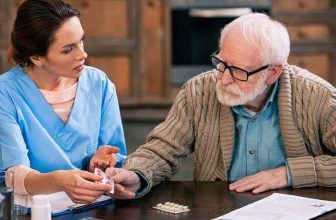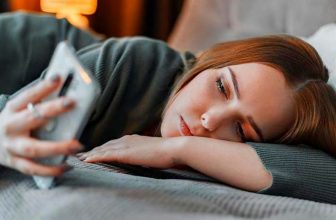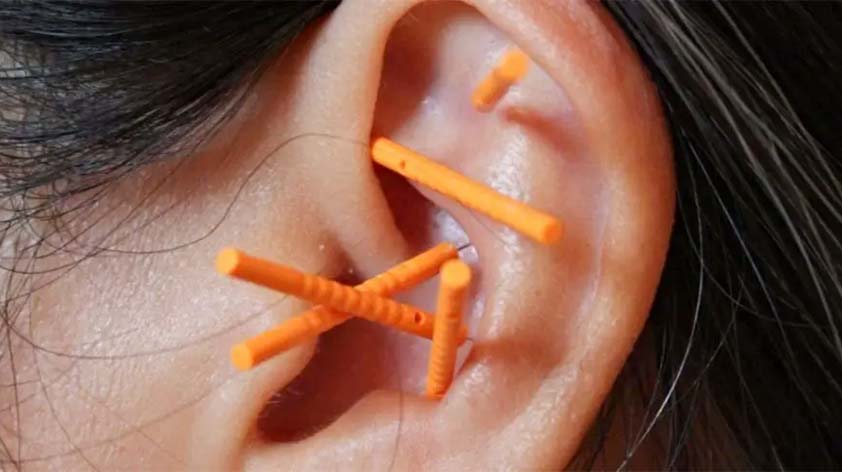
The NADA (National Acupuncture Detoxification Association) protocol is widely used in addiction treatment centers, crisis centers, community clinics, hospitals, psychiatric facilities and private practice. It is a low-cost, low-risk, and highly effective way to help people to improve their emotional and physical well-being.
The treatment is generally conducted by placing small, thin needles into points on the ear, which are left in place for a period of time, typically between 20 and 45 minutes. The treatment is typically provided in a group setting, and the acupuncture needles are left in place while clients relax, meditate or listen to music.
In our interview here, we speak with Rachel Peckham – a highly skilled and experienced acupuncturist. She has been practicing for over two decades, and has helped hundreds of patients improve their health and well-being through the use of traditional Chinese medicine techniques.
She is a licensed acupuncturist and a board-certified practitioner of traditional Chinese medicine. Rachel has a deep understanding of the human body and the way that energy flows through it, and she uses this knowledge to help her patients achieve optimal health.
Whether you are dealing with chronic pain, stress, or a specific medical condition, Rachel can help you find relief and improve your quality of life. With her compassionate approach and her commitment to ongoing education, Rachel is dedicated to helping her patients achieve optimal health and wellness. Follow on to explore her fascinating world!
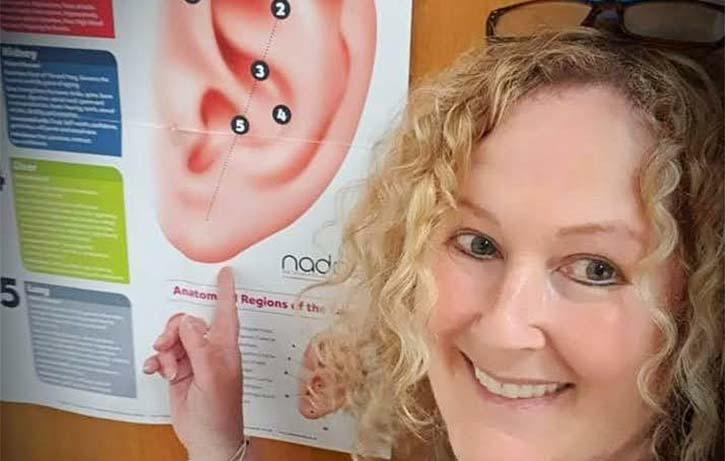
Anyone can learn to apply the NADA protocol
Hello Rachel, first off, it’s great to connect with you, and we hope you’re keeping well?
Keep Fit Kingdom’s mission is to help a billion people reach 100 years of age happily and healthily – what are your thoughts on our name, site and mission?
Really good site and I like the name… definitely memorable. What better mission could we have than to help our population live happily and healthily. It definitely continues to be my mission as an Acupuncturist.
Background
Thank you! Nice to meet people who think and dream alike! To start, can you tell us a bit about your story and journey; how did you get into acupuncture?
I got into acupuncture through having it myself. To my surprise (as I was sceptical), it sorted the agonising period pain I experienced. The feeling of wellness I experienced at that time inspired me to train as an acupuncturist so that I could help others to feel the same. I haven’t looked back nearly 30 years later
You found your niche early then. So which 3 doctors and / or healers have been your main inspirations?
Wainwright Churchill, my first ever Acupuncturist who I continue to have treatment with. Isobel Cosgrove, my mentor since I started my career in 1994 and Dr Michael Smith MD, pioneer of NADA Auricular Acupuncture.
Great! So why do you think some people benefit from acupuncture whilst others don’t?
It’s a good question. The majority of people I have treated over the years have benefited from having acupuncture. We are trained to look at our patient’s lifestyle, diet, balance of work, rest, play etc, and advise if something may be standing out to be a cause of imbalance. Sometimes people may be unable to make changes in that sense, thus the acupuncture may not be as effective. Plus acupuncture is not for everyone.
Balance and moderation, I think, are the key considerations for good health. In my book, good health is not about the absence of illness or disease, it’s how we manage illness and disease.
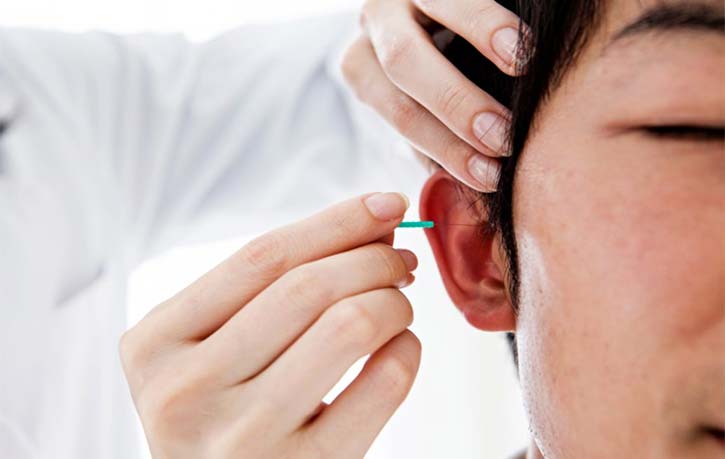
NADA acupuncture is practiced worldwide
NADA: Auricular Acupuncture
I see. Well let’s get into the NADA protocol, which looks to be a highly beneficial and non-invasive approach to dealing with trauma ie., after the Grenfell fire in London, in June 2017. When did you first learn about the NADA approach, and can you tell us what it is exactly?
Shortly after qualifying as a full body Acupuncturist in 1994, I started some voluntary work at a community based drug/alcohol rehabilitation centre. They used NADA Auricular Acupuncture as a daily treatment for their clients.
I was sent on a training course to learn the protocol so that I could deliver it. The acupuncture helped with cravings, withdrawal symptoms (from drugs and alcohol), and gave a sense of calm. It involves the placement of 5 small acupuncture needles into points in the ear which are then retained for up to 40 minutes whilst the clients are seated in a group, relaxing.
Discussion on Applied NADA Acupuncture
Interesting. What are 3 case studies or stories of striking examples where patients derived the greatest benefit from Auricular Acupuncture?
Well, during my first year working as a NADA Practitioner, a very quiet, pale and thin young guy came daily to have NADA acupuncture. All the staff at rehab delivered the acupuncture so he received treatment from us all.
As it is a non verbal treatment, I didn’t know his background or reasons for attending the rehab and he never spoke. After around 3 months of regular treatment, we encourage treatment retention, he came to me and told me he’d finally been able to come off the heroin he’d been using for years.
He had tried other means of coming off previously but had always experienced back pain when the heroin wore off. This time he had no back pain whilst he withdrew from the small amount of heroin he’d been using and put this down to the daily NADA treatments. His complexion and energy was much improved too.
PTSD After Grenfell Fire and Case Studies Using NADA Acupuncture
More recently, in the very well attended Grenfell NADA clinics I was working at, most people were finally able to sleep better after having weekly NADA treatments. Again, we didn’t need to know people’s stories, but generally they were suffering with PTSD following Grenfell. This manifested in different ways from person to person, but everybody was suffering with shock and anxiety.
One couple who came every week for treatment did tell me their background. They’d come to live in London around 15 years ago from a war torn country during which they had both experienced the horrors and trauma of war.
They had begun to feel more at peace living in London, then the Grenfell fire happened which they witnessed as they lived in the block opposite. After having weekly NADA acupuncture for a few months, they both were able to sleep more and felt the shock had subsided, they never missed a session.
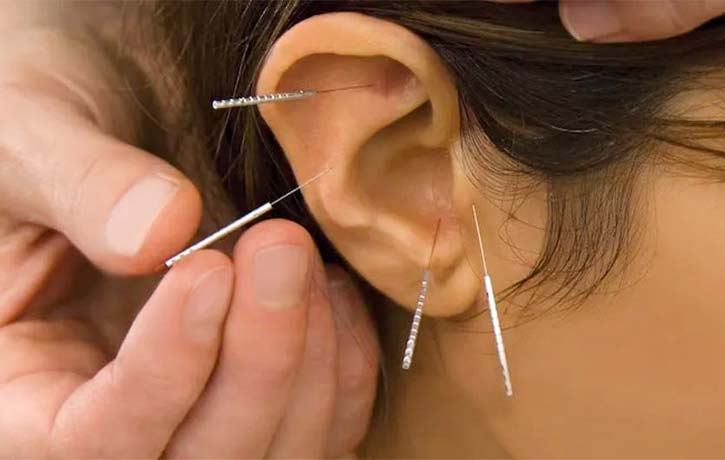
Ear acupuncture
Which groups or sectors of people do you believe would gain maximum benefit from the NADA approach?
I believe that everyone and anyone who would like to try it can benefit from NADA acupuncture; it is safe and easy to deliver and there are no contraindications.
It was first used predominantly in drug/alcohol recovery (from the early 1970’s), but since then, it has been used in PTSD and cancer care, and also generally for helping with mental health wellbeing. I would like to see it used even more widely in general mental health care as it helps so much with symptoms of anxiety, now that we are living in an increasingly anxious society.
Indeed, anxiety and depression seem to be soaring. What requirements are needed for a person to apply for and learn the NADA protocol?
The main requirement is the desire to help our fellow human beings. The majority of people who train in the NADA protocol are in the helping/caring professions so are already working therapeutically with their clients. It is not necessary to have any previous acupuncture or medical experience.
That is great to hear. What would you say are 3 of the most effective things about the NADA protocol?
The accessibility of the treatment as it is very unobtrusive. All people need to do is answer a few health related quality questions and then sit quietly in a chair to receive the treatment. The uniqueness of the NADA protocol is that it’s given in a group, which adds to the effectiveness of the treatment in many ways; above all bringing communities together.
The cost effectiveness of the NADA protocol: One treatment costs less than £1 in terms of equipment used; and twenty people can get a treatment within 90 minutes.
Excellent! What’s the most challenging, and the most rewarding part of your work?
The most rewarding part of this work is seeing and hearing the broad beneficial effects NADA gives to clients. Sometimes the experiences people have can be quite profound.
The most challenging part of the work has always been finding venues within the community suitable to hold NADA clinics. Landlords/Local authorities can charge high licensing/rental fees which is counterproductive for a low cost treatment.
As for healing, what role does the mind have in helping a person to become healthier?
I believe intention is important, the wish to heal and be healed and become healthier. The question is, does intention come from the mind or the soul or somewhere else?
This also stirs up the question, is the mind different from the brain? If so, do you think there should be some changes in the education system to reflect this?
In acupuncture theory, there is no separation between the physical, mental and spiritual aspects of a human being. The mind or our thought processes are associated with and can affect our inner organs, i.e. the heart is said to ‘house the ‘shen’ which is said to be our consciousness, and controls our ability to sleep.
So if the ‘shen’ is disturbed through trauma, upset, shock, then these aspects become disturbed too. Two of the NADA acupuncture points work on calming the shen which is why people often find it helps with sleep and anxiety .
Got it. What changes would you be keen to see in the NHS or the educational system in the UK, and / or globally around the subject of physical health, and mental health, including anxiety etc?
It makes sense to incorporate simple, natural treatments, such as NADA, into the community and NHS settings. NADA acupuncture can be safely given alongside medications for mental health, or instead of medications. Not only would this be better for us, it would also be more cost effective for the NHS as medications can be expensive. It would be good to have NADA treatment offered more in mental health units, GP’s surgeries, etc.
In some parts of Scandinavia and Germany, NADA acupuncture is offered more in general psychiatric care to great benefit. NADA GB is part of a global NADA community as this treatment is used in many other countries.
How do you personally stay healthy? What are your Top 3 favourite exercises that really work well for you?
I have a monthly acupuncture session, of course. I love yoga and have a regular yoga practice. I walk as much as I can, and cycle to most places if I’m not carrying heavy equipment.
What are some more of your thoughts on yoga, as well as breathing exercises and do you meditate?
Yoga helps me stay strong and gives me focus. I do active meditation: walking which is great for meditation, and qi gong which is a moving meditation with internal focus. All of these help conscious breathing. I also play the saxophone, so I am constantly using my lungs!
Insights & Reflections
Sounds fun! So what would you say is your proudest accomplishment so far?
To still be practicing as an acupuncturist and training for NADA GB, nearly 30 years down the line.
What are your longer term goals, say for the next 5 years?
To be part of helping to make NADA a household name.
What are a couple of life quotes or motivational sayings that inspire and motivate you to be, and do your best?
My favourite quote ever is by Leonardo Da Vinci: ‘Simplicity is the ultimate sophistication.’
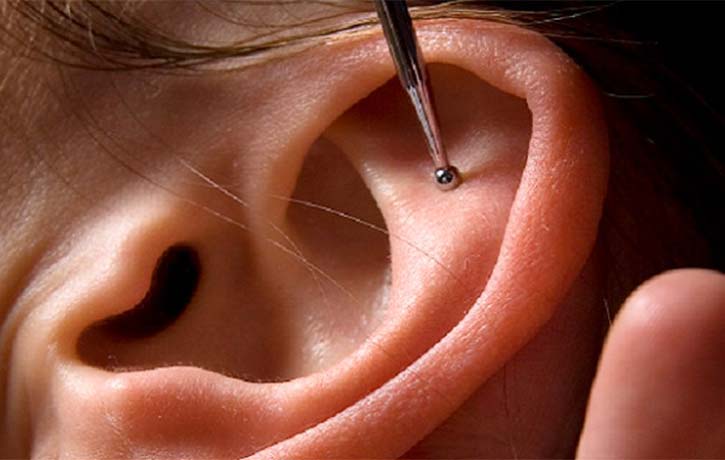
Acupuncture is widely used to help stop smoking
Nice! Finally, what special message would you like to share with Keep Fit Kingdom readers and your followers around the world right now?
Keep things simple, be inclusive and be considerate to all others, which is such a feature of NADA and the road to happiness.
Words to live by! Well, thank you, Rachel and NADA, for your kind participation in this interview. We wish you every continued success!
FAQ (Frequently Asked Questions)
Q. What is NADA acupuncture treatment used for?
NADA is a simple treatment using bilateral needles placed at the ear points, heart, sympathetic kidneys, pulmonary, and liver lungs. In some cases, NADA is effective in treating withdrawal symptoms and improving treatment engagement and effectiveness.
Q. What are the NADA points?
Protocol for National Detoxification Association (NADA). Points: 1 Sympathetic; 2 Shen Men; 3 Kidney; 4 Liver; 5 Lung provide balance and yin nourishment with the presumptive diagnosis of yin deficiency, “empty fire”, and the orthodox medicine diagnoses of behavioural health.
This method includes bilateral needling by hand of one to five points typically given frequently (often daily) with participants sitting peacefully in groups for 30-45 minutes. It may also involve the application of seeds/beads, often just on Shen Men or Reverse Shen Men (opposite Shen Men on the back of the ear).
Q. Who created the NADA protocol?
In the mid-1970s, Michael Smith, the Medical Director of Lincoln Hospital in the South Bronx region of New York modified an existing system of aural acupuncture as an alternative to methadone treatment.
Q. What is the importance of the National Acupuncture Detoxification Association?
The National Acupuncture Detoxification Association educates patients on ear acupressure therapy for trauma and addiction and related mental and physical problems.
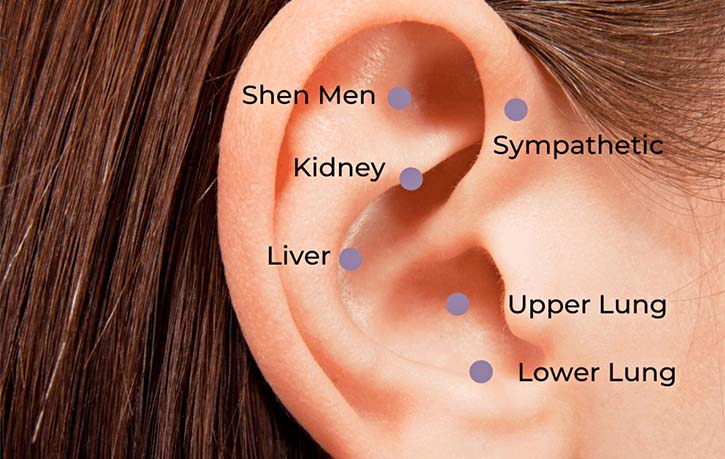
NADA Acupuncture points
Further Notes:
NADA also developed a NADA Acupuncture Prospective Trial which encourages treatment retention. This systematic literature review was conducted in order to investigate whether NADA auricular acupuncture increases rates of adverse drug-related outcomes in patients undergoing cocaine addiction treatment. This research proves that NADA auricular acupuncture is a viable method for treating addiction, providing evidence that supports its use in clinical settings.
Find out more about NADA via their website, and Facebook page. You can also connect with our interviewee, and highly qualified acupuncturist, Rachel Peckham via her website: rachelpeckham.co.uk. Email: rachel.peckham@zen.co.uk or Telephone: 020 8993 5615. M: 07966 230 781.
Have you tried NADA acupuncture, or any other type of acupuncture before? Let us know what effects you experienced in the comments below.



